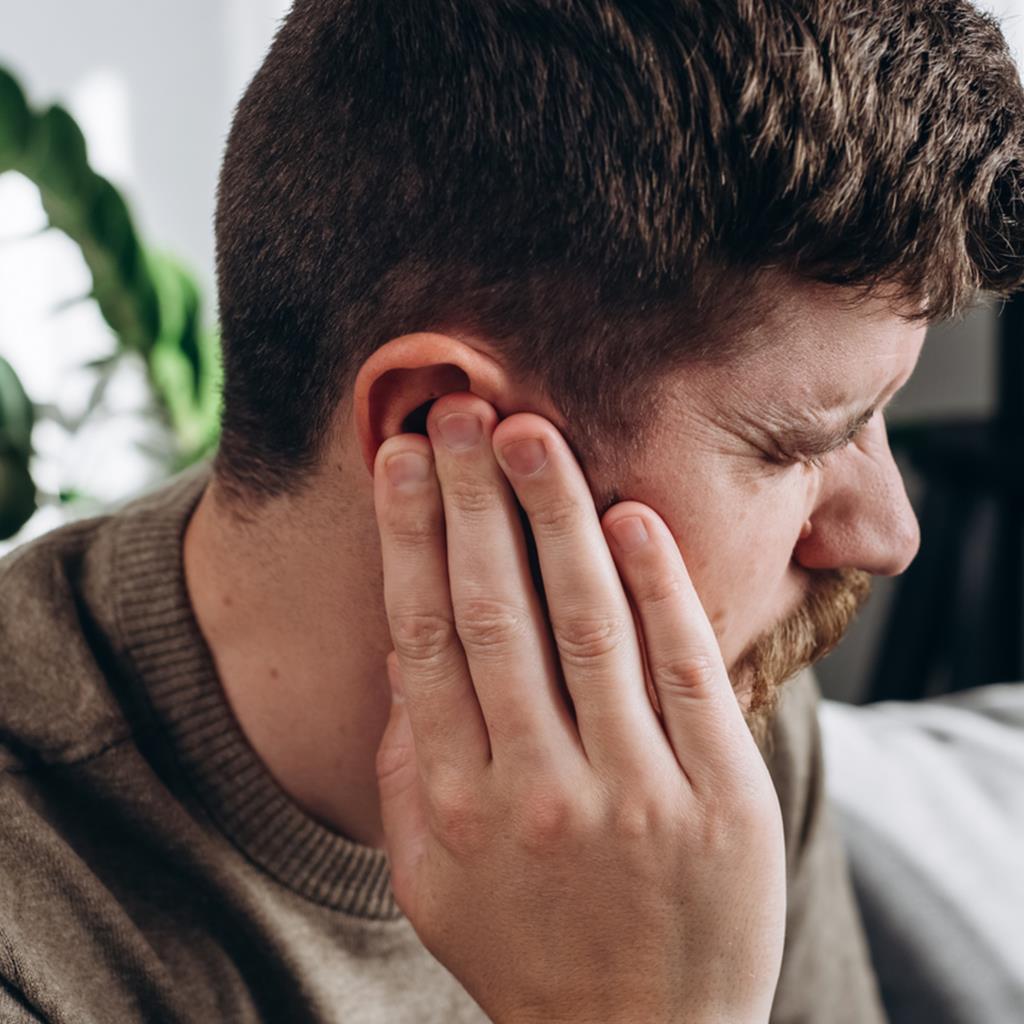Feb
26

Experiencing a toothache and earache simultaneously can be more than just ahea coincidence – so it’s normal for many people to often wonder if there’s a connection between dental pain and ear discomfort. The answer? Yes, there can be! Understanding the intricate relationship between these two types of pain can help in addressing the root cause and finding an effective treatment, so in this blog post, we’ll delve into the potential connections, causes, and treatment options for those experiencing both toothaches and earaches. Let’s take a look!
What is a Toothache?
Generally speaking, a toothache refers to any pain or discomfort originating from a tooth or the surrounding gum area. Depending on the nature of the toothache, this pain can vary from mild to severe and may be constant or triggered by certain actions; for example, you might experience more intense tooth pain when biting, chewing or exposing your teeth to extreme temperatures. On the other hand, an earache involves pain or discomfort within the ear; the pain can also range in intensity and might be accompanied by symptoms like hearing loss, dizziness, and a feeling of fullness in the ear.
Exploring the Potential Connection Between Toothaches and Earaches
Put simply the primary link between toothaches and earaches lies in the proximity and interconnectedness of the ear and dental structures. The nerves in the jaw and teeth areas are closely connected to those in the ear, meaning pain originating from the mouth or teeth can easily radiate or be referred to the ear, and vice versa. Conditions like Temporomandibular Joint Disorder (TMJ), impacted wisdom teeth, or even severe cavities can lead to pain that is felt both in the teeth and ears.
Dental Health and Its Impact on Earaches
Just like dental issues can provoke neck pain or headaches, dental issues are often a common cause of ear pain. For example, a deep cavity or an abscessed tooth can cause severe toothache that radiates to the ear. Similarly, gum disease can lead to discomfort that extends beyond the mouth. The phenomenon is known as “referred pain”, and makes it possible for you to feel earache as a result of dental problems, even when the ear itself is perfectly healthy. This is why dental health is critical not only for preventing tooth decay and gum disease but also for avoiding issues in other parts of your body.
Can an Earache Cause Tooth Pain?

Conversely, ear infections or conditions can also sometimes manifest as dental pain, and this is particularly true for middle ear infections (otitis media), which can cause pressure and pain that feel as though they’re coming from the teeth. Sinus infections can also lead to this type of referred pain due to the close proximity of the sinuses to the teeth and jaw area. Put simply, if you’re dealing with persistent toothaches but your dentist can’t find any problems with your oral health, it’s essential to consider ear problems as a potential cause.
You might also want to explore why teeth hurt when you have a cold to understand the connection between sinus issues and tooth pain.
Treatment Options and Remedies
Dental Interventions
For dental-related pain, the course of treatment might include procedures such as fillings for cavities, root canals for deep infections, or even tooth extractions in more severe cases. These interventions aim to address the underlying issue causing the toothache, which, in turn, can alleviate associated ear pain if the discomfort was indeed referred from the dental problem.
Understanding the treatment options for a dental abscess can also be critical in managing such pain.
Ear Treatments
If an ear condition is diagnosed as the primary source of pain, treatment options may vary from antibiotics for infections, decongestants for sinus-related issues, to other specialised treatments based on the specific diagnosis. Successfully treating the ear condition can, in many instances, relieve the toothache, especially if the dental pain was a result of “referred” discomfort, inflammation or pressure from the ear issue.
Home Remedies and Pain Management
In the interim, as you seek professional advice, certain home remedies and pain management techniques can provide temporary relief. This can include over-the-counter pain relievers, warm compresses to ease discomfort, and maintaining good oral hygiene to prevent further dental issues. It’s important to consult with a healthcare provider for the best approach to managing your symptoms and to ensure these remedies are safe and effective for your situation.
When to Seek Professional Help
Determining whether a toothache, an earache, or both require a dental emergency visit can be challenging, especially when you’re unsure of the source of the pain or discomfort. A good rule of thumb is to make an appointment with both your dentist and your GP; this way, you’ll be able to rule out at least one issue, identify the cause of your discomfort, and get an expert treatment plan from a professional.










